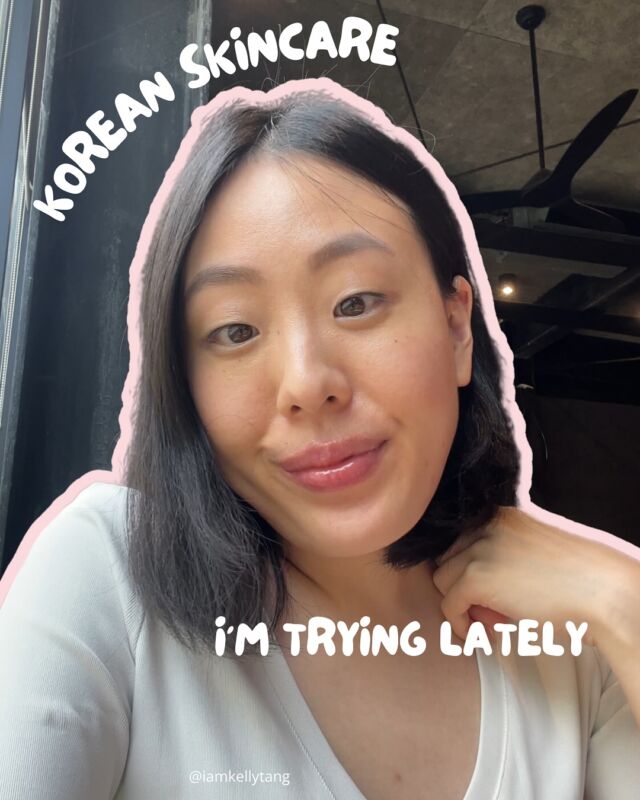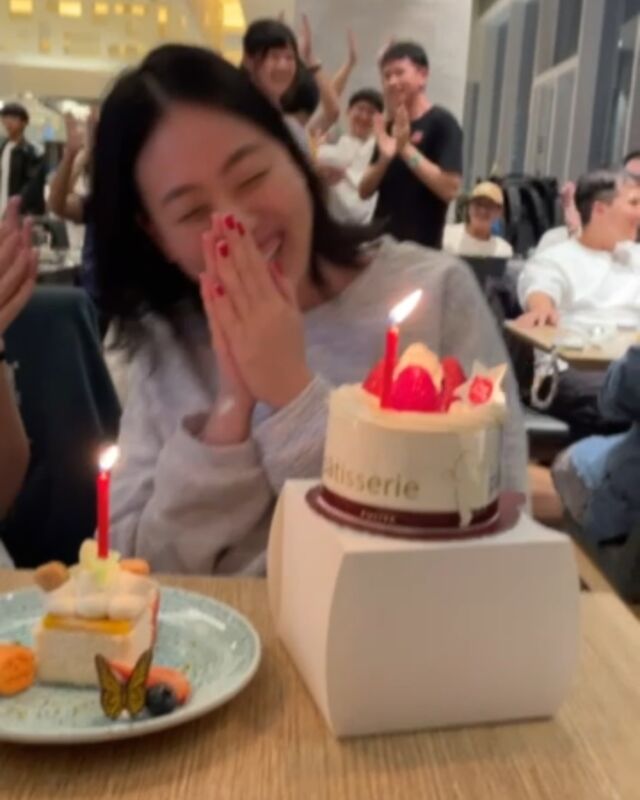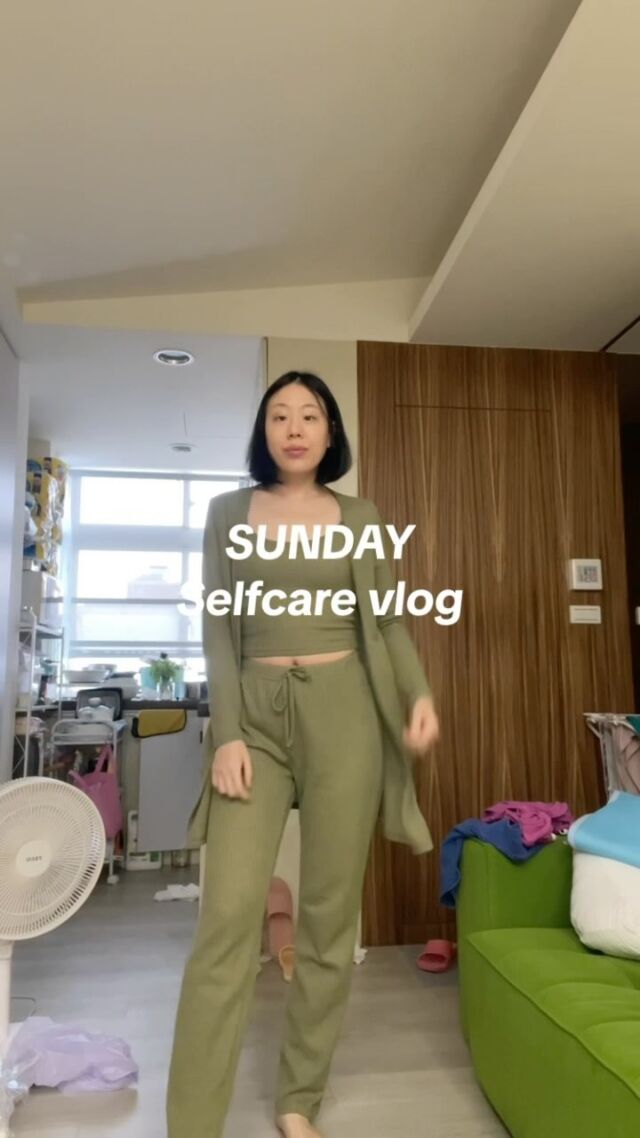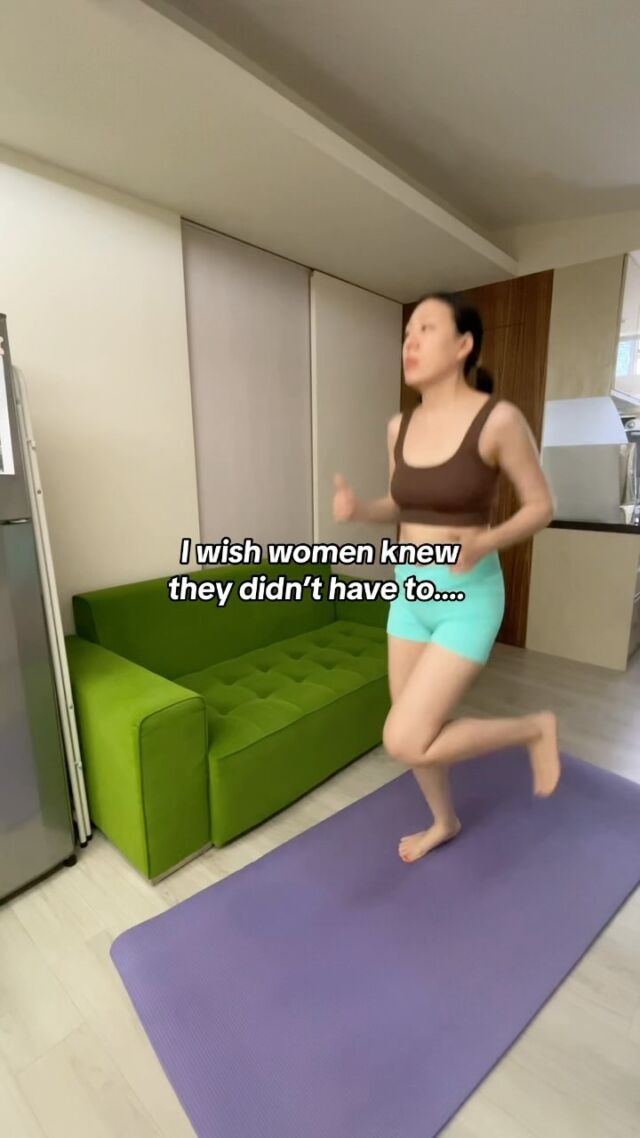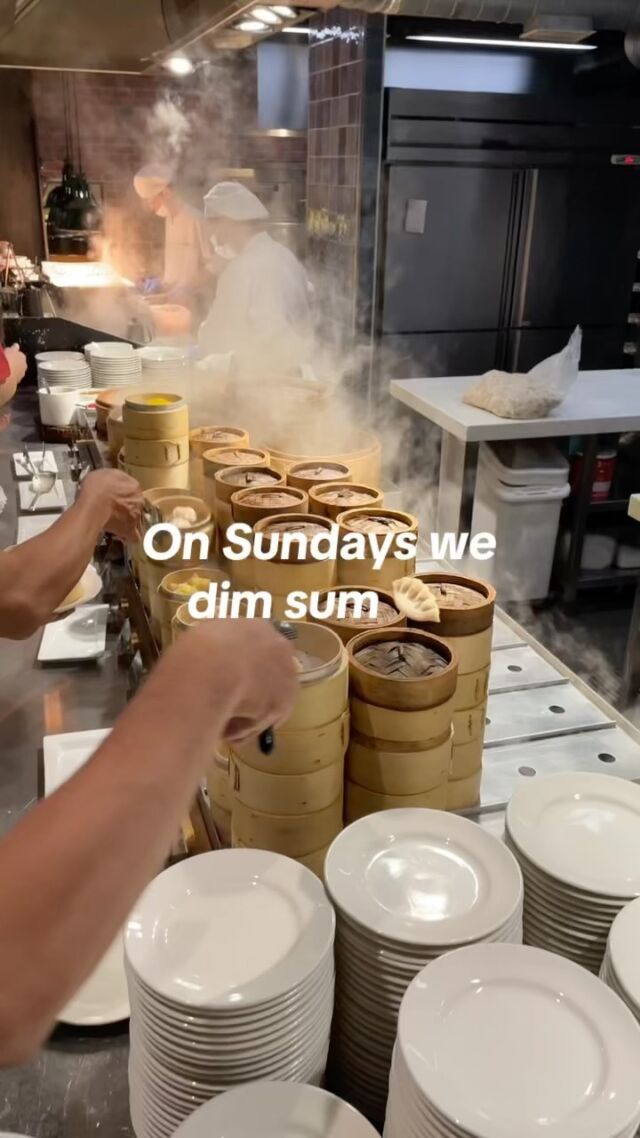Do you experience joint pain, digestive issues, or other uncomfortable symptoms that seem to flare up after eating certain foods? You might be reacting to nightshade vegetables. This group of plants, belonging to the Solanaceae family, is known to trigger inflammation and exacerbate conditions, particularly for individuals with autoimmune diseases and sensitivities. Let’s dive into what nightshades are, which foods they include, and how they might be affecting your health.
What are the nightshade vegetables and fruits?
So, which common foods actually fall under the nightshade umbrella? Below, you’ll find a helpful visual guide and a comprehensive list of the vegetables and fruits that belong to the Solanaceae family.

Here is the full list of nightshade vegetables and fruits:
- Ashwagandha
- Bush Tomatoes (Native to Australia)
- Cape gooseberries (Also known as ground cherries, not the same as regular cherries.)
- Capsicums
- Cayenne pepper
- Chili pepper flakes
- Chili powder
- Chinese five-spice powder
- Cocona
- Curry powder
- Curry spice powder
- Eggplants/Aubergines
- Garam masala spice
- Garden Huckleberries (Different from regular huckleberries.)
- Goji berries
- Hot sauce
- Kutjera
- Most spice blends
- Naranjillas
- Paprika spice
- Pepinos
- Peppers (including bell peppers, sweet peppers, chili peppers, jalapenos.)
- Pimentos
- Red pepper
- Red pepper flakes
- Steak seasoning
- Tomarillos
- Tomatillos
- Tomatoes (including marinara, and ketchup)
- White Potatoes
- Tobacco
Are Nightshades inflammatory?
Nightshade vegetables contain naturally occurring compounds called alkaloids, including solanine. These alkaloids serve as a defense mechanism for the plants, acting as a repellent against insects and mold. While solanine can be toxic in very high concentrations, for example, cases of solanine poisoning have occurred from consuming green potatoes. Currently, scientific research has not provided strong evidence that the typical consumption of nightshade vegetables leads to inflammation in most people.
However, it’s important to acknowledge that many individuals, particularly those with arthritis, autoimmune conditions, and other chronic diseases, report experiencing increased symptoms after consuming nightshades. This suggests that while not everyone is sensitive, a subset of the population may have a heightened reactivity. Furthermore, the degree of sensitivity can vary significantly from person to person.
Who should avoid nightshade vegetables? Should you avoid them?
While not everyone experiences the same effects from nightshade vegetables, certain individuals may be more susceptible to sensitivities.
The most reliable way to understand how these foods impact your body is through a personal investigation using an elimination diet. This involves removing nightshades for approximately 30 days while carefully tracking your symptoms. Following this period, you can gradually reintroduce these foods one at a time, continuing to monitor for any reactions. Ultimately, paying close attention to your body’s signals and keeping a wellness journal will provide the most accurate insights.
It’s important to remember that not everyone needs to avoid nightshades, but those with conditions such as:
- Rheumatoid Arthritis
- Any joint issues
- Digestive issues or “IBS”
- Autoimmune disease (Hashimoto’s, Graves’, Lupus, etc.)
…may find benefit in exploring their sensitivity to them.
What are the common symptoms of Nightshade intolerance?
As we’ve discussed, not everyone reacts to nightshades in the same way. However, there are several recurring symptoms that those with sensitivities often experience. Here’s a look at some of the common signs of nightshade intolerance.
- Joint pain
- Inflammation
- Brain fog
- Hives and skin rashes
- Flare ups with any preexisting conditions
- Digestive issues like bloating, loose stools, and nausea
- Fatigue
- Migraines
It’s also important to consider that if you’ve been living with chronic illness or inflammation for an extended period, you might not immediately recognize a nightshade intolerance. The symptoms could be subtle or easily attributed to your existing condition, making it harder to pinpoint these fruits and vegetables as a contributing factor. In such cases, a period of elimination, as discussed earlier, can be particularly insightful in identifying subtle connections.
What alternatives are there instead?:
If you’re looking to reduce or eliminate nightshades from your diet, making simple and tasty substitutions is definitely possible! You’ll be happy to know that there are plenty of delicious and nutritious alternatives to explore. Let’s take a look at some great swaps.

| White Potatoes | Use: sweet potatoes, yams, turnips, parsnips, plantains, rutabaga. |
| Tomatoes | Use: pumpkin, butternut squash, beets. |
| Bell Peppers | Use: celery, cucumbers, radishes, carrots. |
| Chilli & Cayenne Pepper | Use: black or white pepper, turmeric, ginger, garlic powder, cloves. |
| Eggplant | Use: mushrooms, zucchini |
Tips for Consuming Nightshades Mindfully:
Even though some individuals experience sensitivity to nightshade vegetables and fruits, they do contain valuable nutrients and health benefits for many. If you choose to include them in your diet, here are some tips to potentially minimize any negative reactions:
- Avoid eating them raw: Raw nightshades may be more likely to cause issues for sensitive individuals.
- Eat them when ripe: Avoid unripe or overripe nightshades. For example, discard white potatoes that have sprouted roots or show green discoloration.
- Cook them thoroughly: Cooking can help reduce the alkaloid content. Try to eat them cooked, or steamed, and see if that makes a difference for you.
- Peel them: The skin of some nightshades, like tomatoes, can contain a higher concentration of alkaloids, so peeling them is recommended.
My Personal Experience & Conclusion
Okay, so you know I love my tomatoes, eggplant, and potatoes, right? And yeah, being an Italian food lover, pizza and pasta are my absolute favorite. But it turns out, I’m actually a bit sensitive to nightshade vegetables. When I eat too much, I tend to get joint pain, feel super tired, and sometimes even break out in a rash. Not fun!
So, most of the time, I try to avoid them. But honestly? Sometimes you just really want a slice of pizza or pasta! So, I do let myself have it every now and then, even if I know I might feel it later. Or if I’m craving pasta, I’ll usually go for a sauce without tomatoes or eggplant. I try not to stress too much about it and just find other yummy stuff to eat or cook at home. It’s all about finding a way to enjoy food without feeling terrible.
